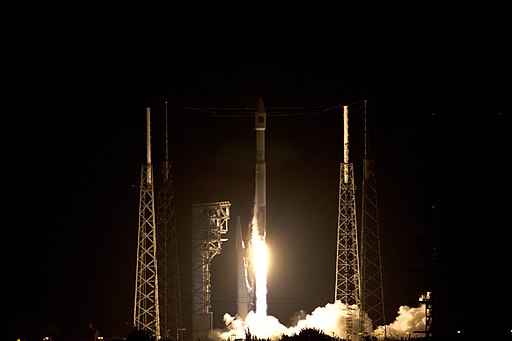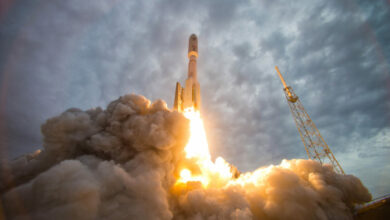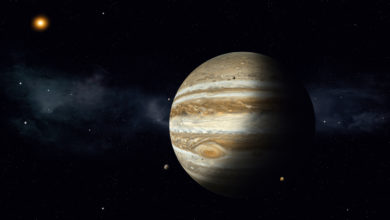Science
China’s First Privately Launched Rocket Fails Mid-Way
ZQ-1 rocket failed to reach orbit as something went wrong during the third stage

The first rocket capable of carrying a satellite into space launched by a private Chinese company reportedly failed to reach the orbit mid-way. Developed by Beijing-based Landspace, the Chinese carrier rocket Zhuque-1, named after the Vermillion Bird from Chinese mythology, lifted off from Jiuquan Satellite Launch Center in north-west China on Saturday, Oct. 27, around 4 pm local time.
After nominal first and second stages, the ZQ-1 rocket failed to reach orbit as something went wrong with the final of the three-stage rocket. The spacecraft was carrying a satellite named “Future” built for state media China Central Television.
“[The rocket] separation was normal but something abnormal happened after the second stage,” the company said in the post on Saturday, without giving further details, reported Reuters.
“We still believe that building rockets is the right strategy,” a spokesman for the company said. “We are the first Chinese private company to build a three-stage carrier rocket. That’s already a great achievement. We will carry on with our dream for the vast space.”
The 19-meter-tall, 1.3-meter-diameter, Zhuque-1 reportedly cost around $14 million to develop. If the rocket launch would have gone as planned, Landspace would have become the first private licensed company to send a rocket into outer space.
The company is planning to launch a taller two-stage liquid-fueled rocket, Zhuque-2, in 2020. It remains to be seen if the launch failure would alter the plans of launching Zhuque-2, which the company had been due to start building this next year. The ZQ-2 will measure 48.8-meters tall with a diameter of 3.35 meters. It would be capable of delivering a 4,000-kilogram payload capacity to a 200-kilometer low Earth orbit and 2,000 kilograms to 500-kilometer SSO.
President Xi Jinping said China is planning to become a space flight superpower with a manned space station in orbit by 2022.






